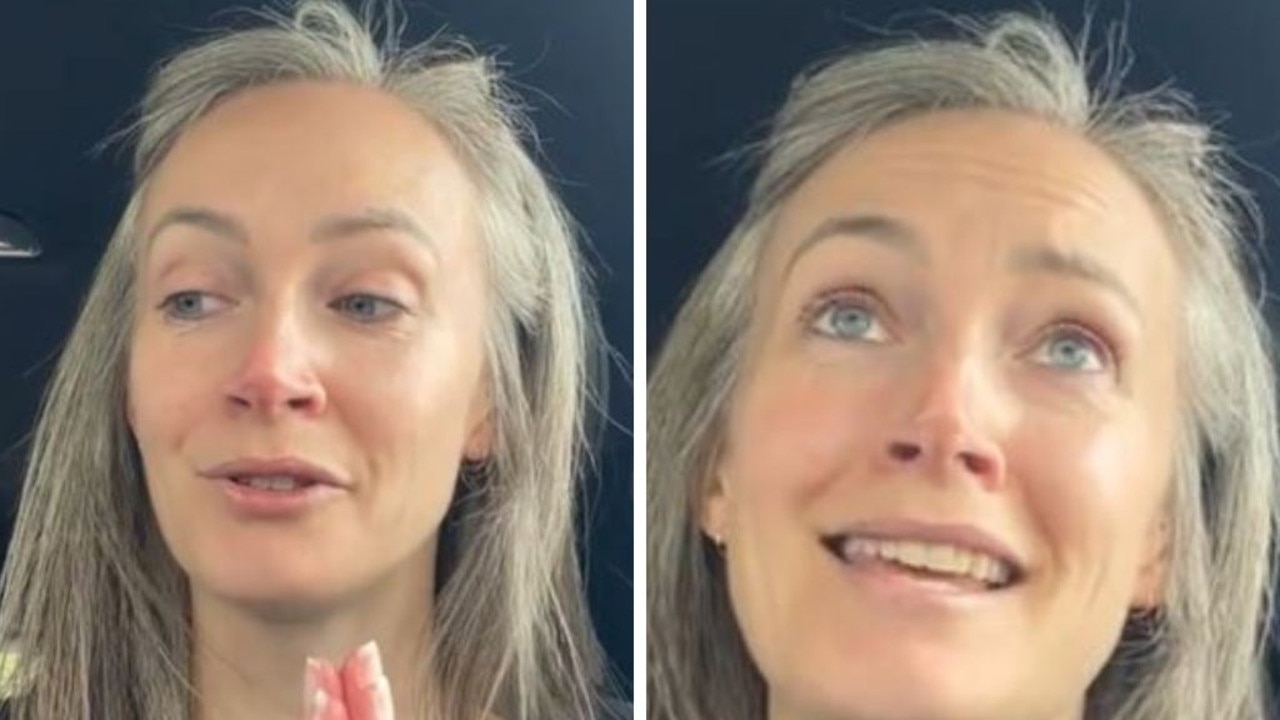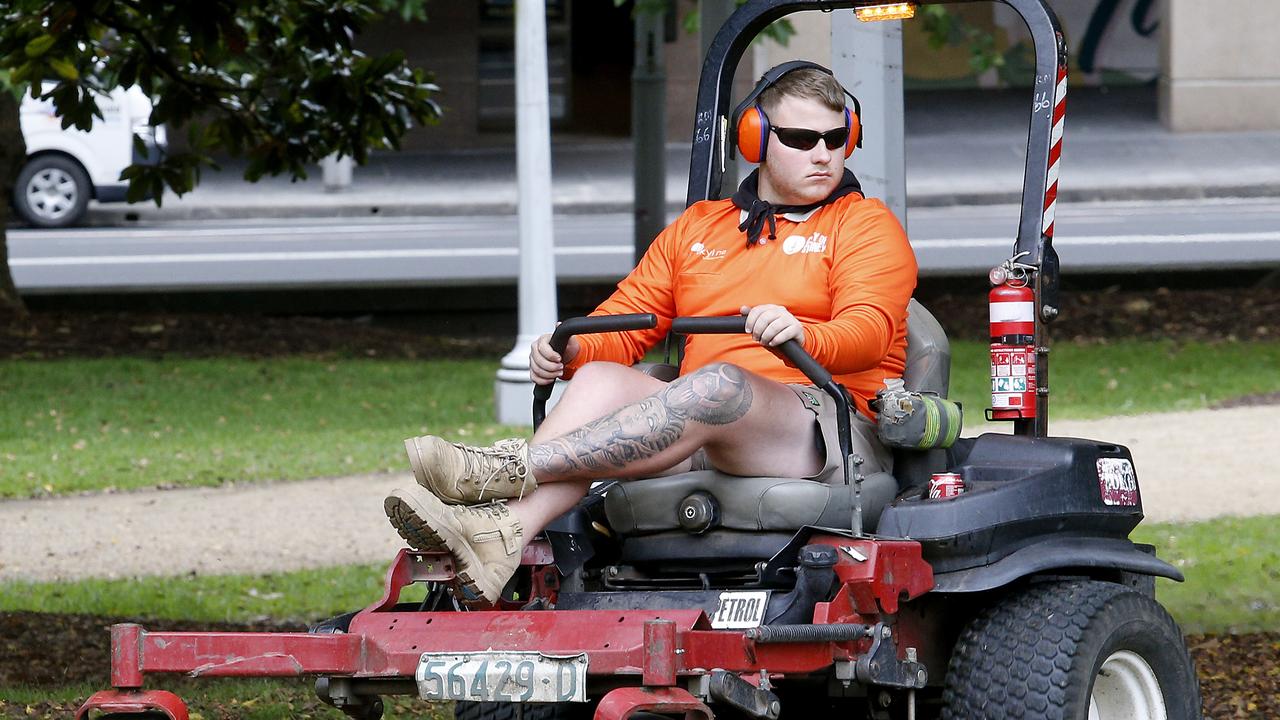Sad reason Aussies in this industry are quitting their jobs in droves
They’re considered the “coalface” of the health sector, but general practitioners are ready to leave as the industry reaches a “boiling point”.
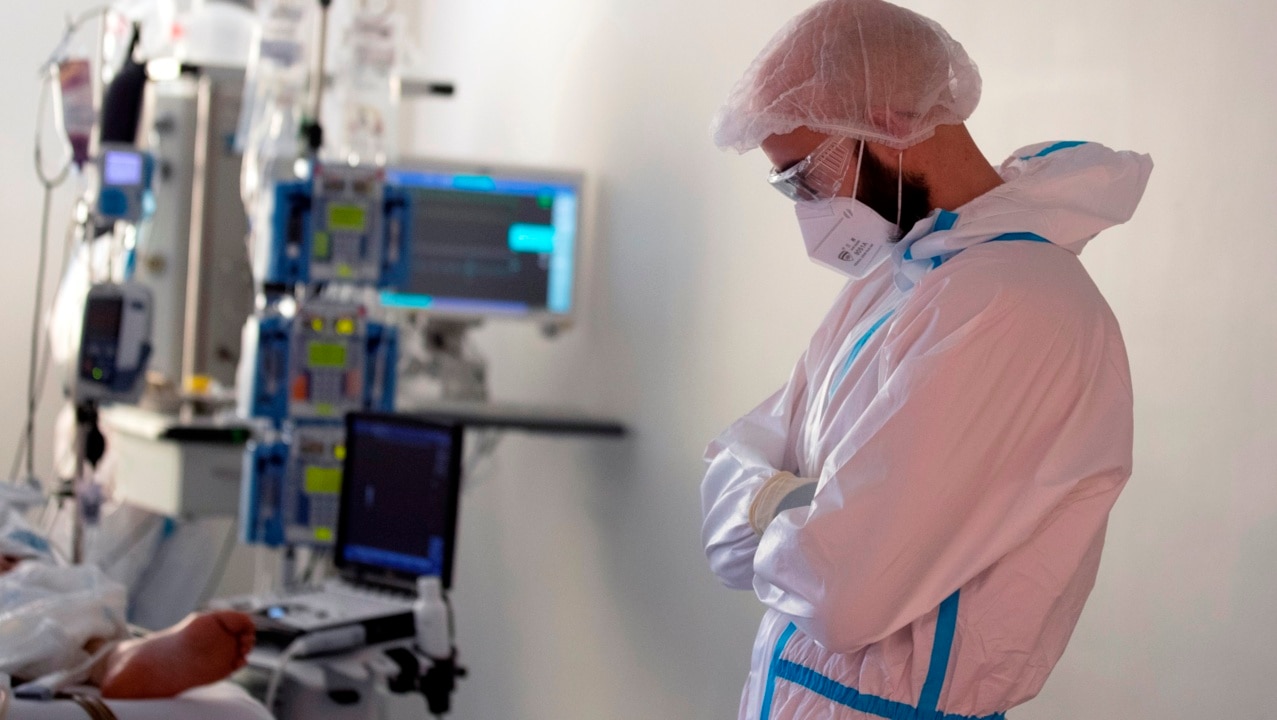
At Work
Don't miss out on the headlines from At Work. Followed categories will be added to My News.
Almost 28 per cent of GPs have already left their roles, have plans to change careers or retire within 12 months, according to an AusDoc survey.
Dr Vivek Eranki was a practising GP in regional Western Australia for four years, before making the transition into a corporate role.
Now the CEO of cosmetic clinic Cosmètique, Dr Eranki said can’t see himself going back into a frontline medical job.
“What’s sad is that I find my life is a lot more simple and there aren’t as many stressors on myself and my family as there were in the past,” he told news.com.au.
“And that’s a scary thought because when other doctors come to this realisation that’s going to fast forward the exodus of doctors that we’re seeing now.”
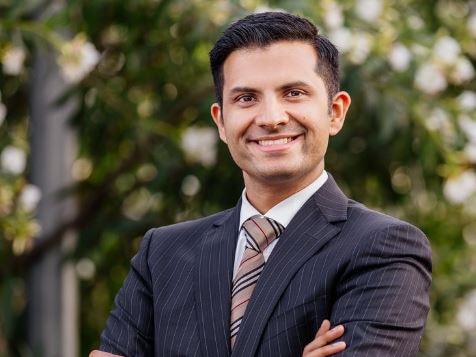
General practitioner Dr Su-Yin Yeong considered leaving her role after experiencing “extreme” burnout back in 2019.
“I knew I was burnt out when I started looking at job ads and other careers within medicine that aren’t clinical,” she said.
The owner of My Health in Warringah Mall in Brookvale, Northern Sydney, knew she reached a “boiling point” after working six-day weeks due to staff shortages.
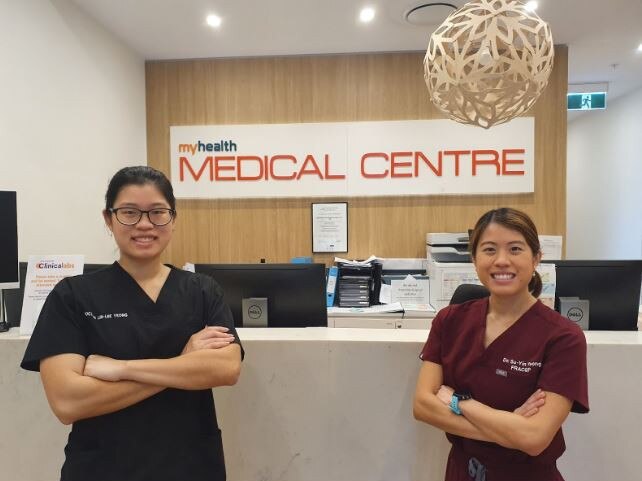
“The sense of dread about having to go to work the next day … that sinking feeling of I’d rather go home right now, that’s when I knew I was burnt out,” she said.
“I knew I had to do something because I was taking it out on other people and it was really unprofessional.”
General practitioner Dr Sam Mahmoud recently made the switch to work at Midnight Health – an online healthcare provider – after working in rural Queensland in Richmond for six years.
Dr Mahmoud was the only doctor in the area and juggled looking after the local hospital and emergency department.
“You’re on call for the hospital 24/7 for an extended period of time and you manage the practice so that’s why the burnout is much quicker and more demanding,” he said.
While the town had only 1,000 residents, he would see people from surrounding catchments as the next major city was nearly six hours away.
“I think being on call was a massive problem for extended periods of time and suddenly you don’t get as much sleep and are expected to be functioning the following day,” he said.
“I was fatigued and it took longer to think about problem solving which are early signs that something isn’t right”
The 55-year-old said the pressure, expectations and hours of unpaid administrative work was a “vicious cycle” he knew had to change.
“If the issues aren’t addressed, you can make mistakes and that’s how dangerous it could be, particularly in this line of work.”
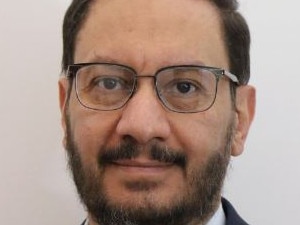
The Royal Australian College of General Practitioners found almost three in four GPs reported experiencing feelings of burnout over the past 12 months.
Dr Eranki claims general practitioner burnout is “a symptom of a whole systemic disease in the healthcare sector”.
“GPs are the first point of contact, they’re the people that diagnose diseases and escalate care to a specialist centre if need be,” he said.
“If that part of things are compromised, imagine how many more cancers are being under diagnosed, how many more people with diabetes are going without that diagnosis and early treatment. It’s scary.”
RACGP President Dr Nicole Higgins said burnout is a major concern for GPs and without proper investment in general practice care, it will only get worse.
“More patients will struggle to find a GP, and others will no longer have their consults bulk billed, which will result in patients delaying care and health conditions deteriorating,” she said.
“Excessive Medicare regulation and the fear of being accused of doing the wrong thing within the extremely complex Medicare funding system is also a significant cause of stress and anxiety for GPs.”
Dr Higgins claims long-term reforms and investment are essential to ensure access to high-quality care, but there are measures the government should consider.
“This includes investing in longer consultations for people who need complex care, and fast-tracking entry for international doctors who are eager to work in rural and remote communities and reinstating the subsidy for their training,” she said.

Dr Mahmoud said “promising a bit of money here and there” is a small part of the solution for general practitioner burnout.
“The solution needs to be restoring some work-life balance … we need more GPs but in order to attract and retain them, you need to have good conditions.”
Dr Yeong said the government should invest more into general practice as “real action needs to be taken, you can’t keep telling us to breathe easy.”
“It’s those issues that need to be addressed rather than telling people to practise mindfulness and meditation … These are just band aids to the problem.”
Founder of Healthshare Rami Weiss, said while doctors “went to medical school to help patients”, they’re dragged down by other issues including hours of administration.
“They’re not getting remunerated for the time they’re spending, so the financial incentives don’t end up … and all the costs keep rising.”
Dr Higgins said the college is also a strong advocate against “mandatory reporting laws that discourage doctors from seeking the healthcare they need.”
“The College also provides members a range of mental health resources with strategies for self-care, and a free support program with telephone counselling,” she said.
Associate Professor and breast surgeon Dr Sanjay Warrier said GPs are the “coalface”and their struggles will have a run-on effect in the health sector.
“If they’re having issues then we’ll have issues relating to the quality of referrals because that level of trust patients develop with them over a long period of time, it’s hard to replace.”
Originally published as Sad reason Aussies in this industry are quitting their jobs in droves



